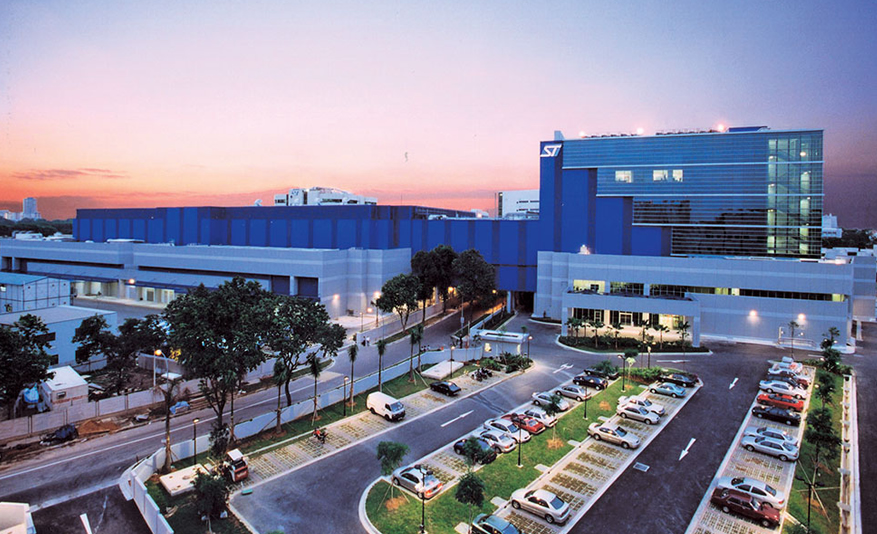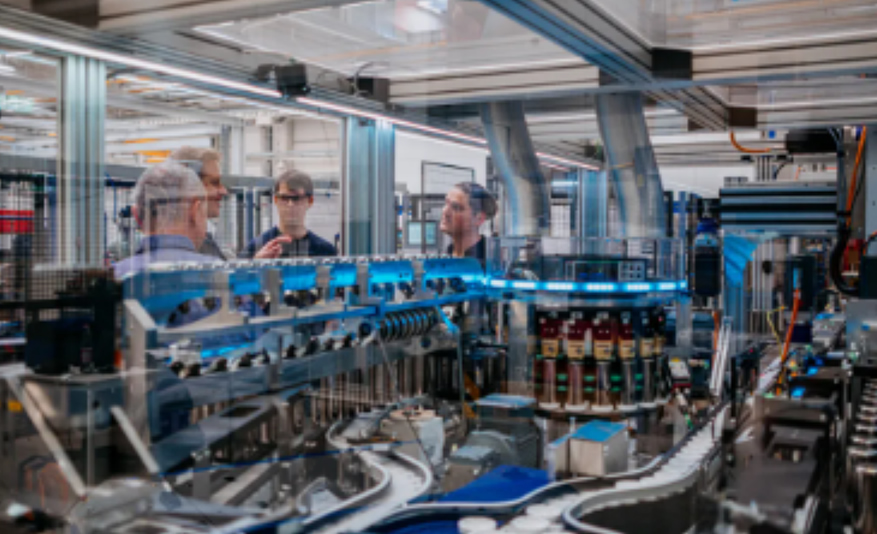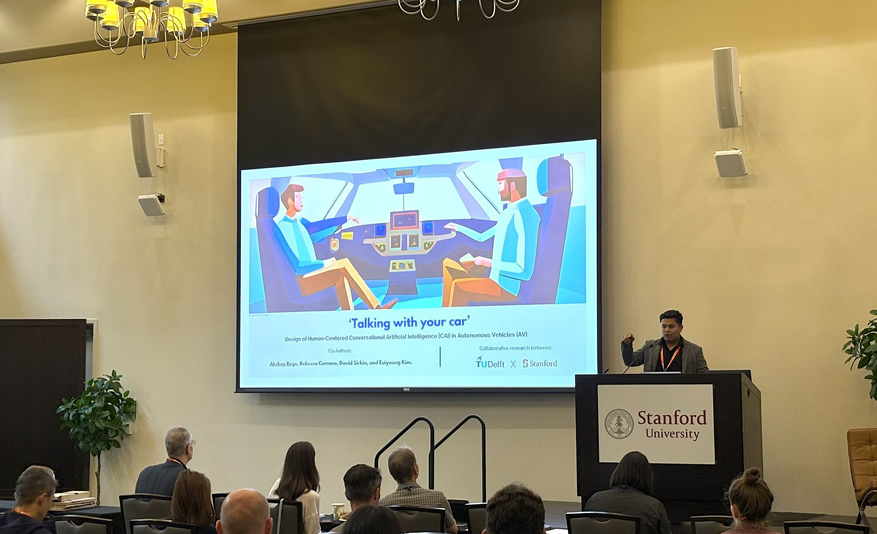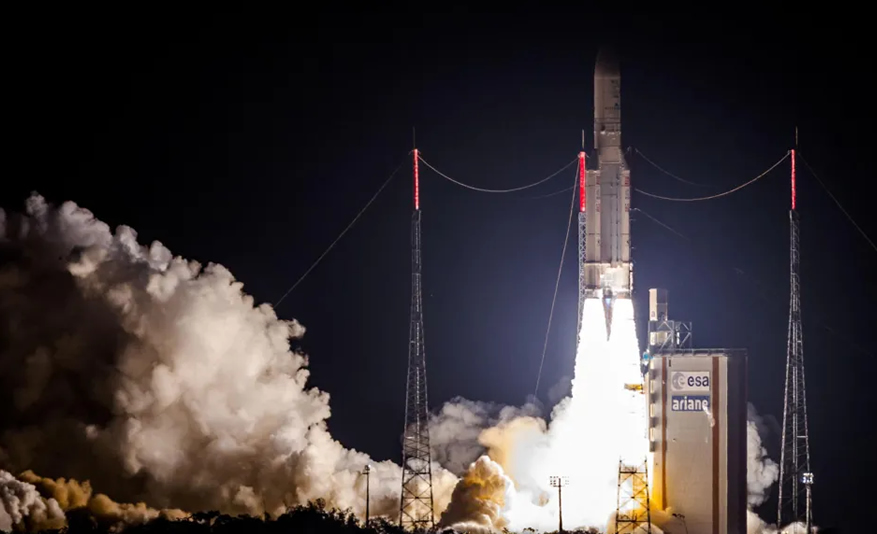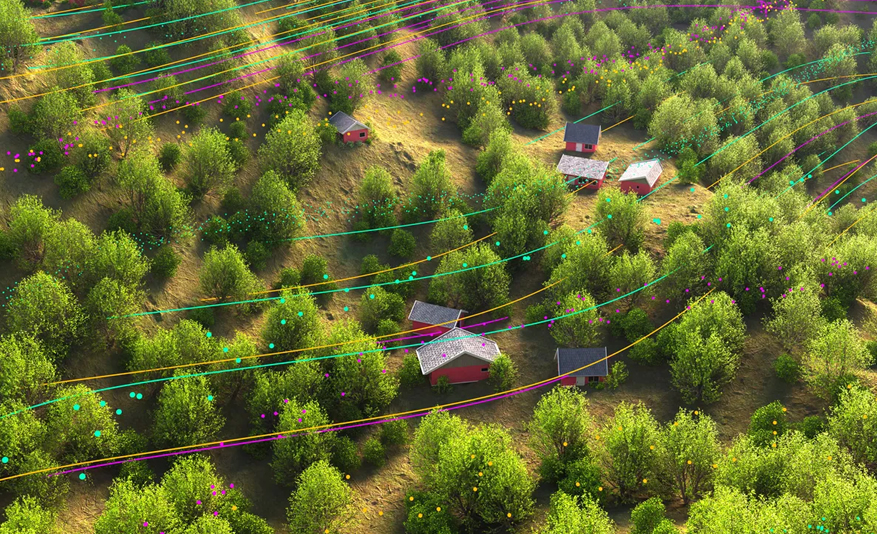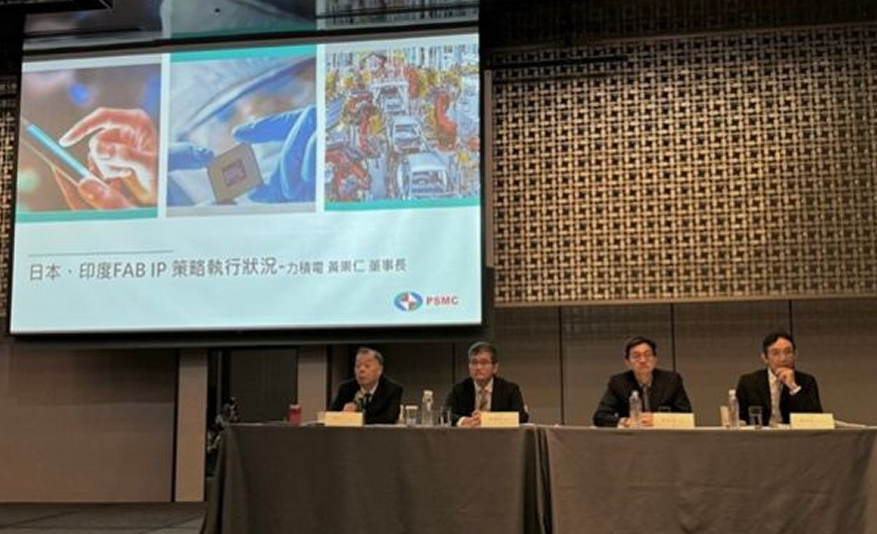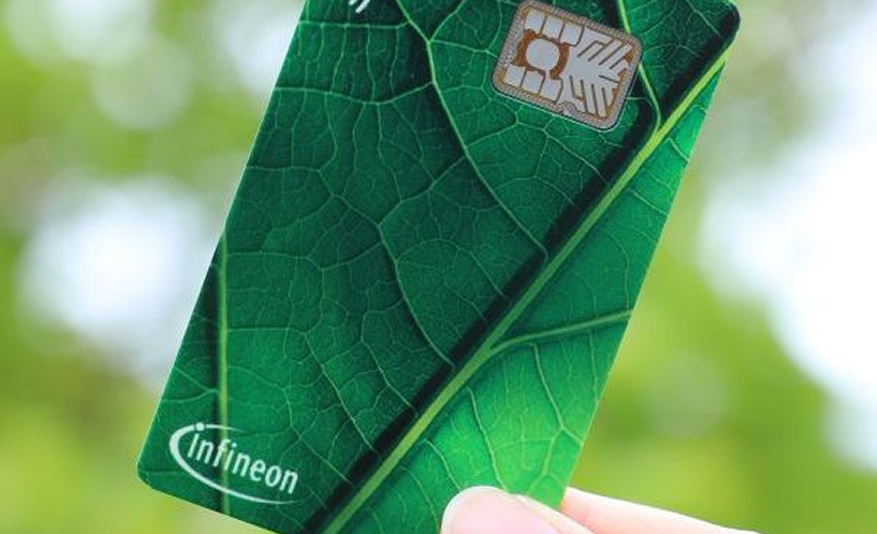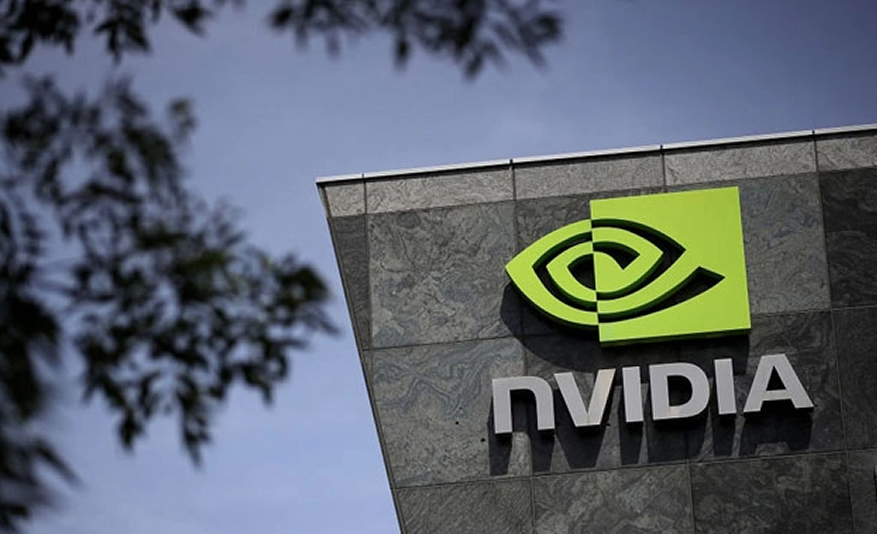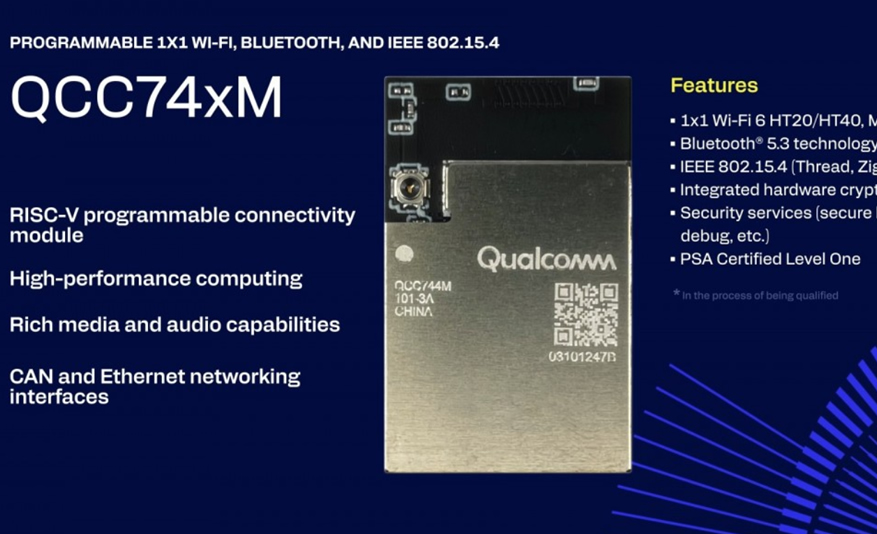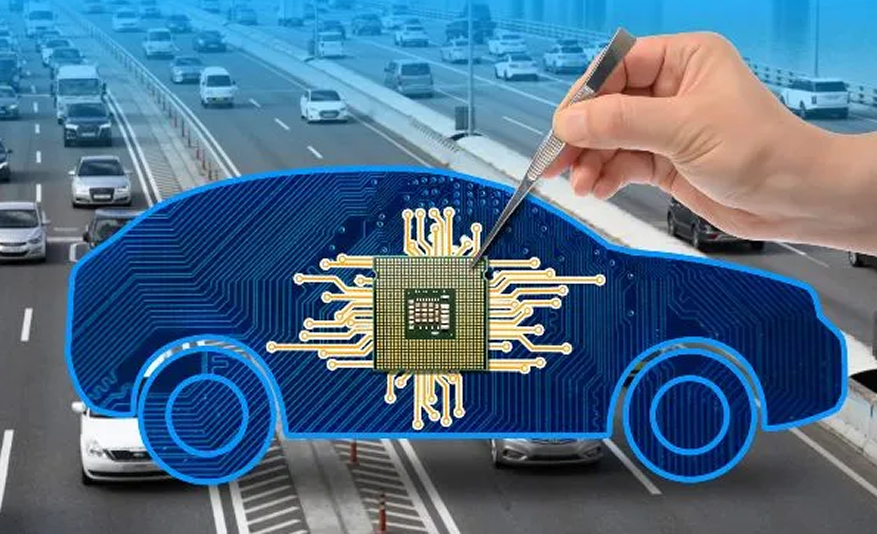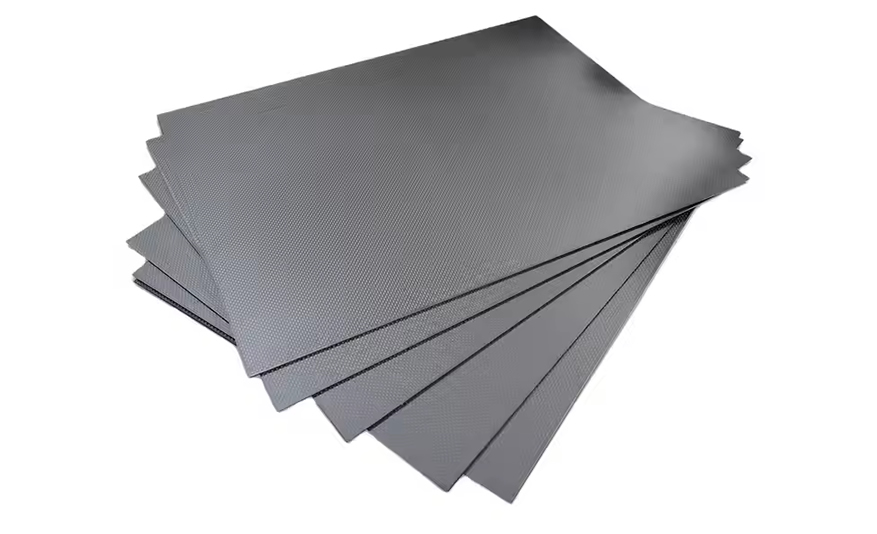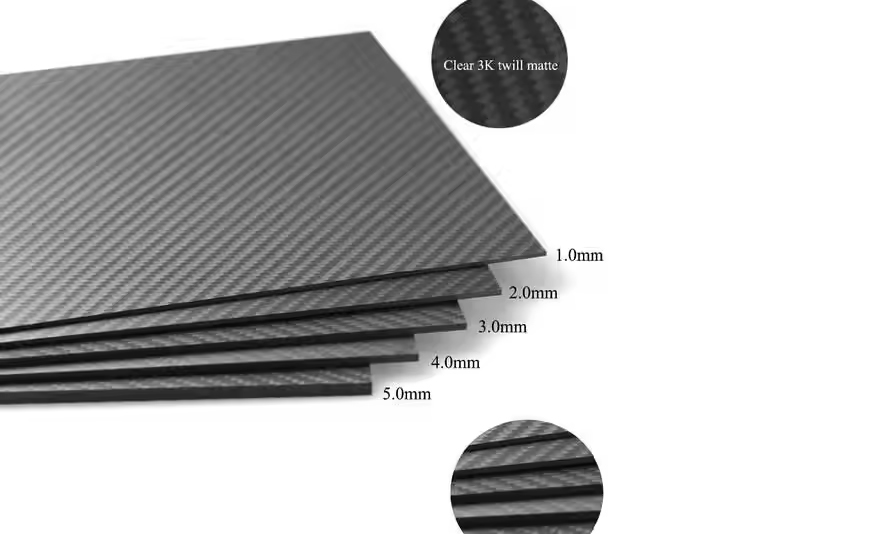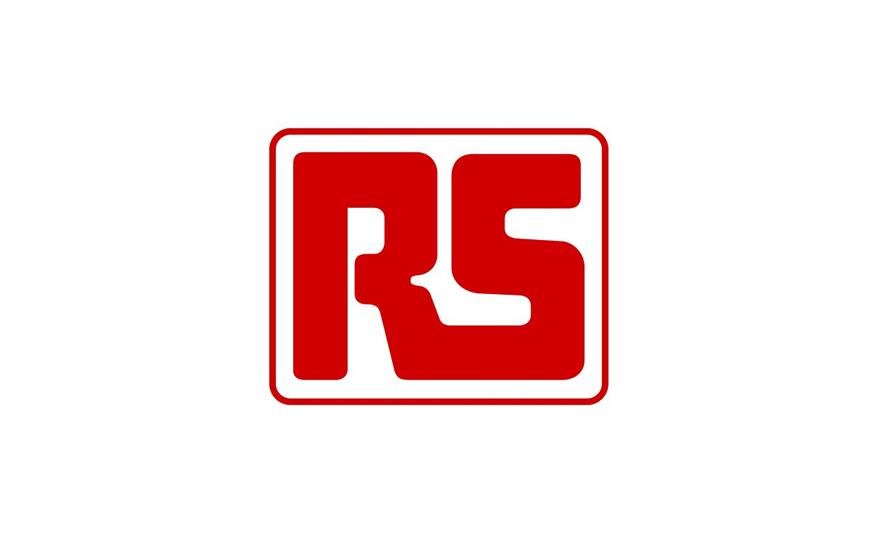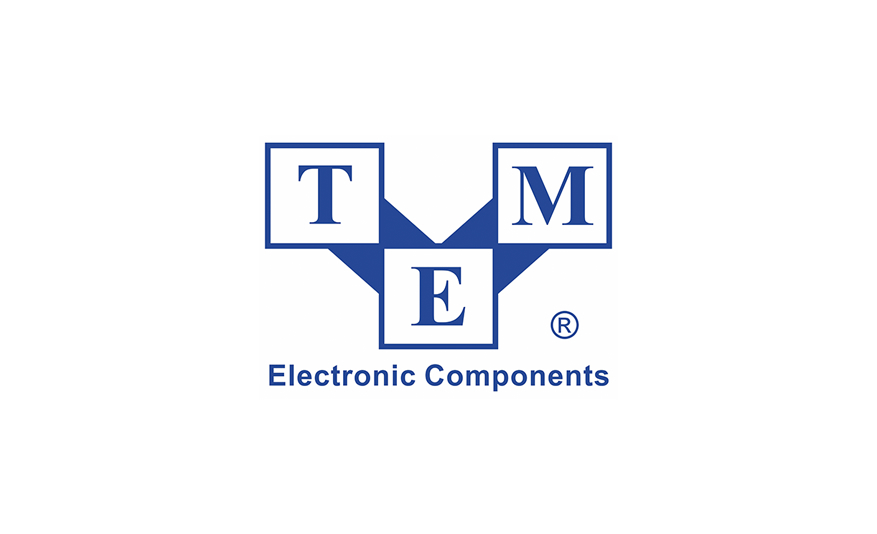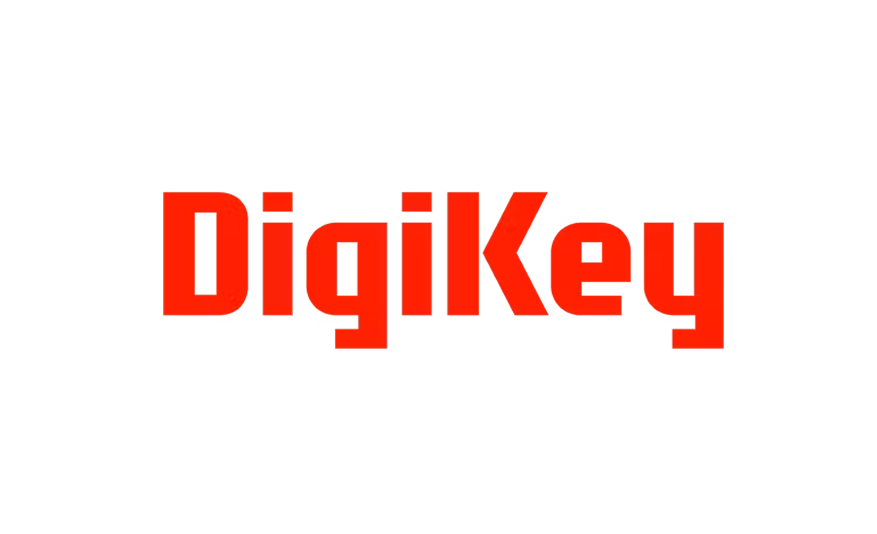Bharti Airtel and Nokia announced a groundbreaking collaboration on “Green 5G”, an initiative aimed at introducing energy-efficient solutions and practices to Airtel’s mobile network. This ambitious project will focus on enhancing energy efficiency across Airtel’s extensive 4G/5G Radio Access Network (RAN) by leveraging state-of-the-art technologies like AI/ML, as well as a suite of advanced software features and innovative solutions.

The comprehensive solution is expected to enhance energy efficiency during peak and off-peak hours and is projected to reduce Airtel’s carbon emissions by an estimated 143,413 metric tons of CO2 annually.
Randeep Sekhon, CTO, Bharti Airtel, said, “In response to the surging demand for data, mobile networks across India have rapidly expanded, particularly with the rollout of 5G technology. At Bharti Airtel, our commitment to sustainability has led us to collaborate with Nokia. This partnership allows us to leverage innovative solutions that deliver substantial energy savings, enabling us to significantly reduce our carbon footprint and further our environmental objectives in alignment with our business strategy.”
Tarun Chhabra, Head of Mobile Networks at Nokia, India, said, “We are excited to partner with Bharti Airtel to drive sustainable network practices in the country. Nokia has committed to reaching net zero greenhouse gas emissions globally by 2040. Our innovative technologies will not only enhance the overall performance of communications networks but also significantly help reduce their energy consumption, contributing to the energy efficiency targets of our customers.”
The key aspects of this collaboration include:
Aiming for zero-traffic, zero-watt operation: This solution reduces the radio network’s power consumption to very low watts during periods of no traffic, conserving power and optimising energy management.
Combining Nokia’s advanced energy-saving features with Airtel’s AI/ML algorithms: The companies have leveraged AI/ML to automate and fine-tune advanced energy-saving software across their 4G and 5G radio resources.
Moving to a digital design for enhanced energy efficiency: The companies have trialled advanced digital design tools to optimise cell configurations for lower transmitted power. This positively impacts the CO2 footprint and energy bills without compromising the network performance or user experience. This contributes to network efficiency during both peak and off-peak hours.
Employing a ReefShark System-on-Chip: The latest SoC generation provides enhanced energy efficiency by adapting internal resources to actual processing needs, optimising power consumption based on traffic load. The new platform generation will result in an additional 15% reduction in energy consumption.
Airtel has set ambitious emissions reduction targets across its operations and is implementing a range of key initiatives to achieve these commitments. These include promoting energy efficiency, utilising open-access green energy and adopting renewable energy solutions throughout its network. The company is also building a more climate-resilient infrastructure, improving resource efficiency and enhancing waste management practices. Notably, Airtel has deployed solar-powered systems at around 25,000 sites upto now and substantially increased the renewable energy usage at its data centers, sourced 220,541 MWh through green power wheeling agreements and captive solar rooftop plants in FY2024.





